AU Review
by Jodie B.Sloan, 27 July 2017
Blackrock is a powerful, painful, must-see piece of iconic Australian theatre
A group of teenagers come together for a party on the beach. But come morning, a fifteen year old girl is dead, raped and then beaten to death. The work of late playwright Nick Enright, Blackrock follows the aftermath of this terrible act, as the party-goers explore their guilt, whether as perpetrators or as bystanders, and their families come to terms with their sons’ actions.
Inspired by the 1989 murder of Leigh Rennea Mears, Blackrock is an iconic piece of Australian theatre. In the two decades that have passed since its 1995 premiere, starring a young Joel Edgerton, Blackrock’s themes of toxic masculinity and victim-blaming, and its warped visions of what it means to be a friend remain tragically and painfully relevant today.
A joint production between La Boite Theatre Company and QUT Creative Industries, Blackrock features eight talented young actors in their final year of their BA Fine Arts, alongside seasoned performers Christen O’Leary, Amy Ingram, and Joss McWilliam.
The strength in Blackrock, for me, lies in its women. From the powerfully absent victim, Tracey, visible only as flowers that remain on stage throughout like a floral Sword of Damocles, to the teenage girls who rail against their cruel position in an unmoved world, to the mothers who fought once but can’t anymore, Blackrock shifts the focus from the immediacy of victim and perpetrators to the girls left behind. If the old excuse of “boys will be boys” still rings true to you, Blackrock will point to the women that it threatens.
Two scenes stuck with me more than any others. The first is when Cherie (Ebony Nave) goes to Tracey’s grave. Instead of quietly placing flowers and leaving, Cherie goes almost primal. Blasting out Tracey’s favourite song, she dances, screams, and cries. She gives over to her emotions, anger first amongst them, and it’s a powerful, heartbreaking moment. Partially believing herself to blame, it’s a scene that sets the course for the dismantling of victim-blaming and survivor guilt. How can a fifteen year old girl blame herself for what four teenage boys did? It’s poignant and painful, and the blows just keep on coming.
The second follows the revelation of Toby’s (Tom Cossettini) involvement in the crime, and the response of his parents (Ingram and McWilliam). Central to the scene is Rachel (Jessica Potts), Toby’s sister, who has to watch as her parents focus not on what Toby did, but how to keep him out of jail. Anyone who followed the story of the Stanford Rapist in the US will see clear parallels; the rapist and his threatened future feels more important than the girl’s life he ruined, and the violent act he committed. For this scene to play out front of Rachel, who is told to be quiet and to be supportive of a brother that played a role in a vicious attack on a girl just like her – a girl she found dead on the beach – is particularly confronting, and Potts’ performance had me simultaneously punching the air as she stood her ground, and crying tears of frustration as her family disregarded her.
Complementing the incredible level of acting talent is some interesting and inventive staging, led by designer Anthony Spinaze. In particular, there’s a deliciously voyeuristic feel to the revolving stage, heightening the intimacy and the emotional clout of the production. Every revolve pushes out a section of the audience, essentially turning them into hidden eavesdroppers, and it’s a really quite stunning effect.
Writing this review was like poking around in an open wound. Twelve hours after the curtain fell and I was still trying not to cry. As a woman, Blackrock was a frustrating watch, because I felt so intimately connected to and familiar with the same enraging concepts and standards that held the teenage girls in check, but allowed the boys to excuse their awful behaviour. But that’s rather the point, painful as it is.
Blackrock encourages a dialogue about the themes of toxic masculinity, slut-shaming, and victim blaming. It’s hard to watch and, in the best possible way, it isn’t an enjoyable experience, but it’s important and impossible to ignore.
See it – and its outstanding cast of upcoming actors – as soon as possible.
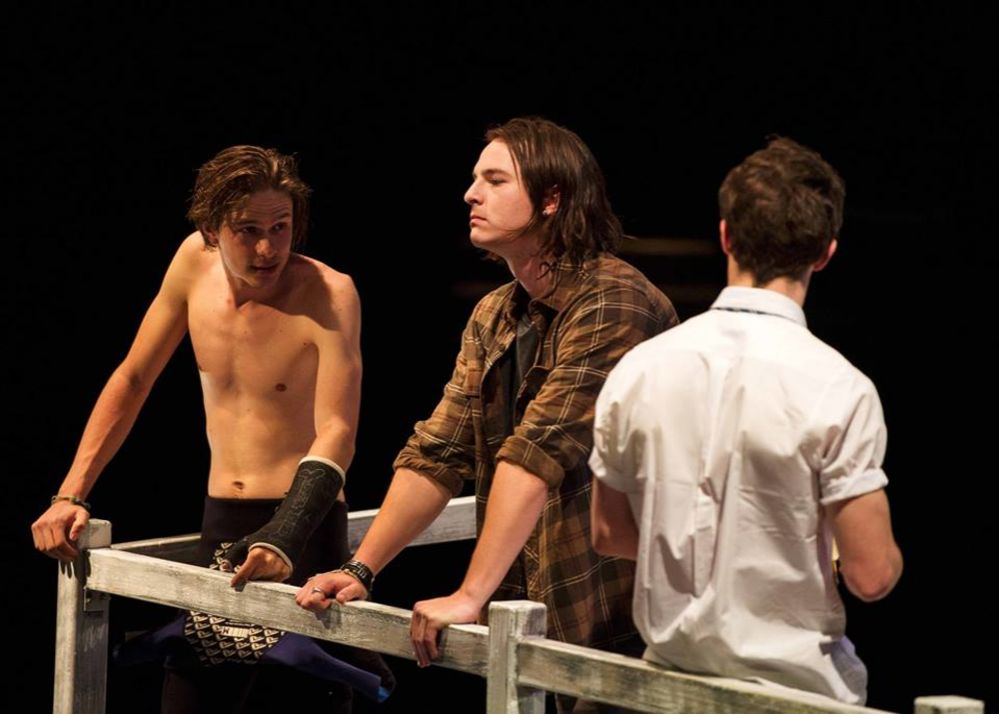
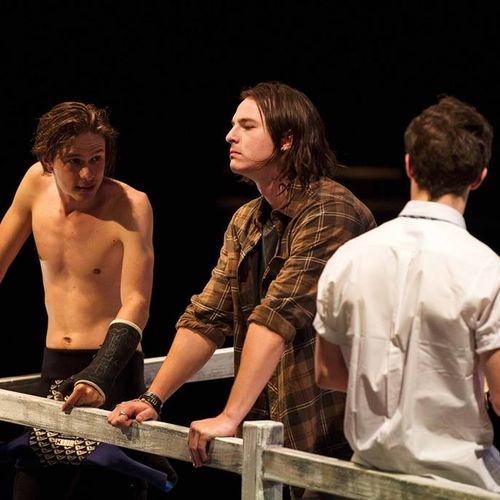

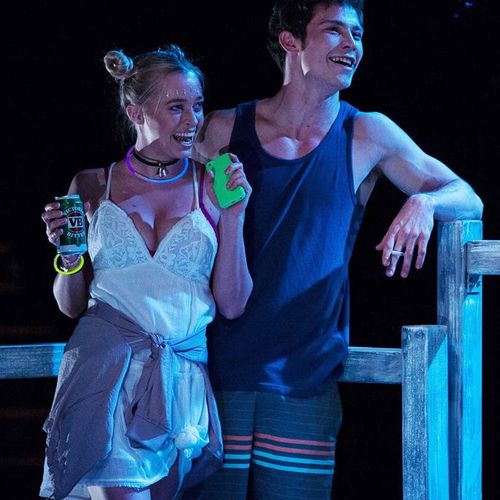
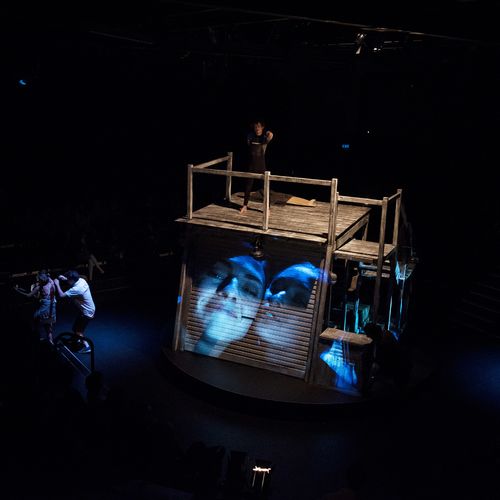


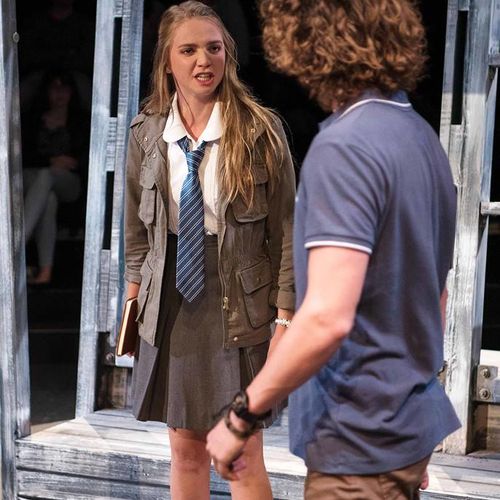
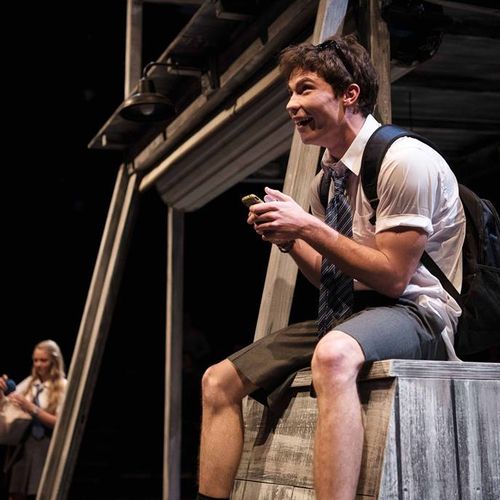
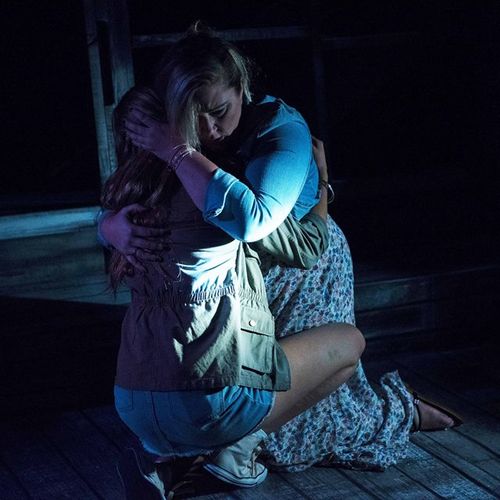
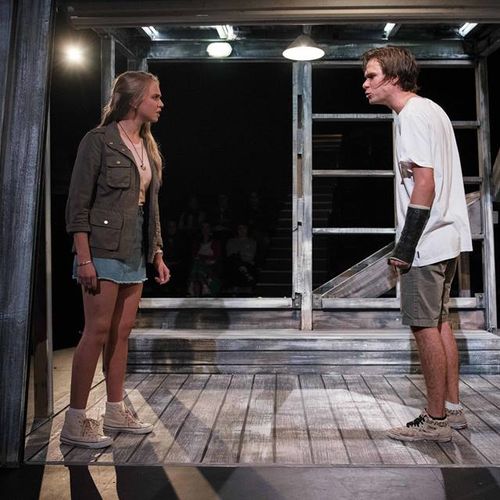
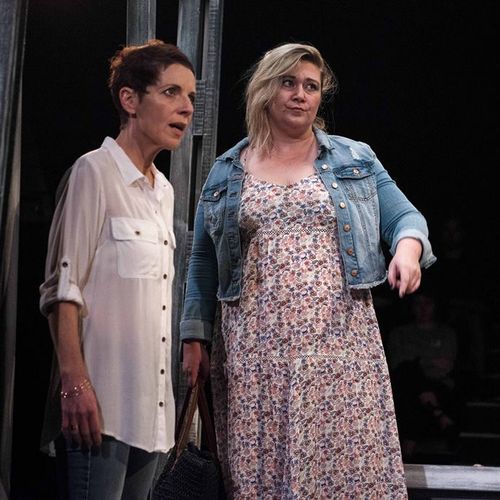
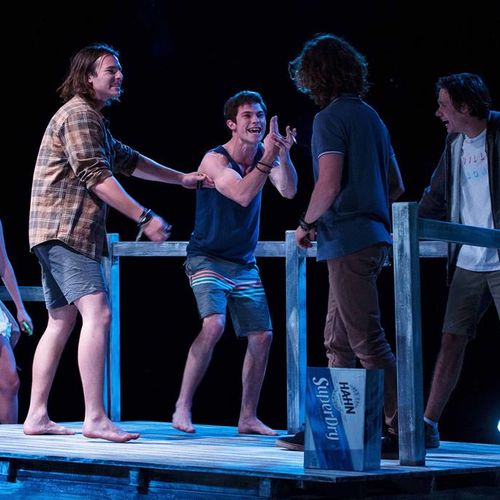
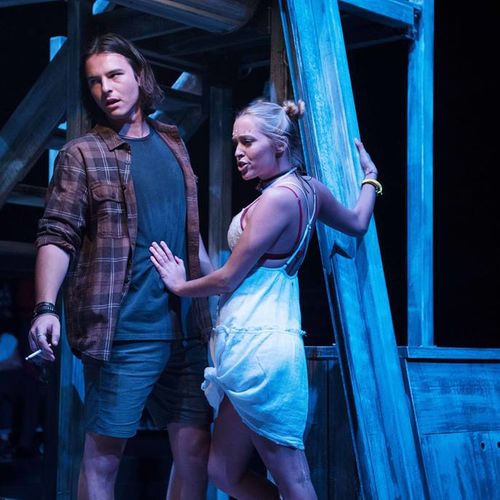
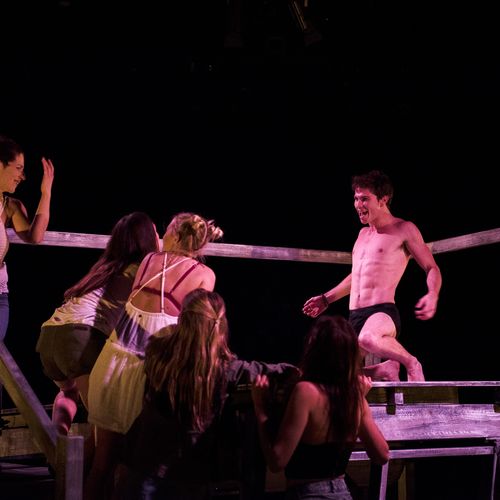
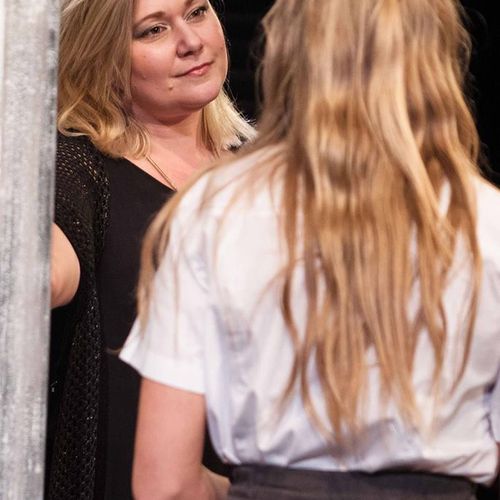
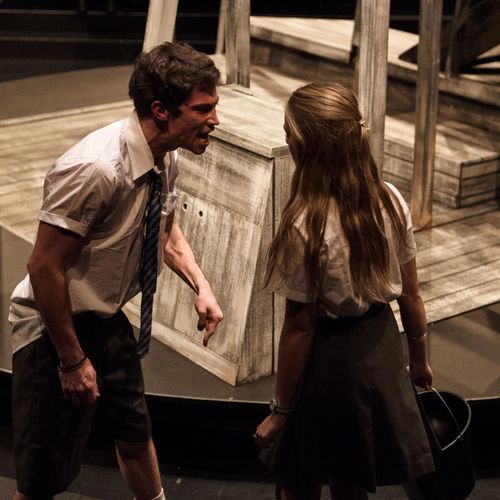
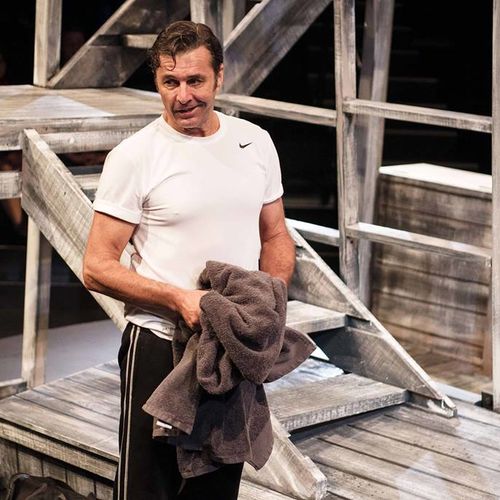
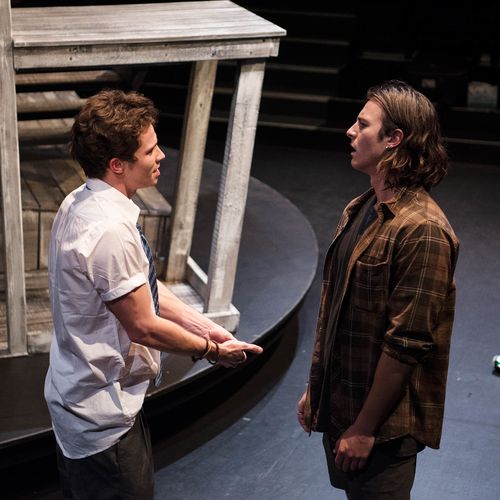
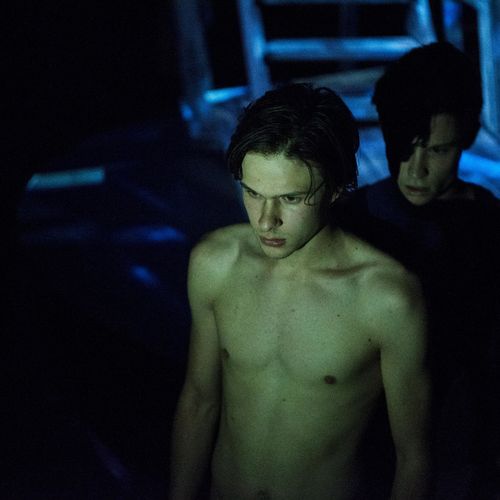
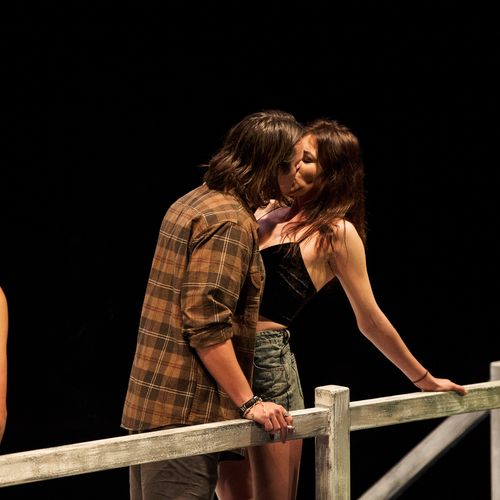
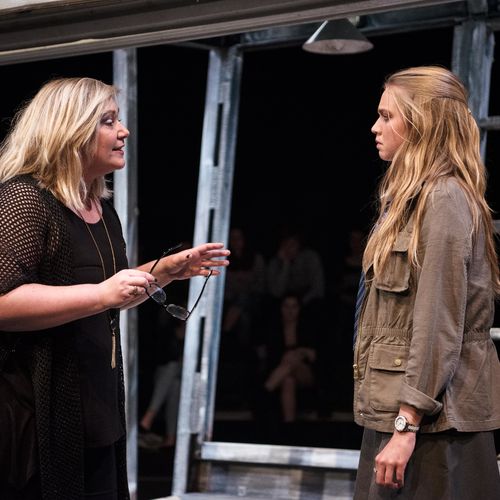
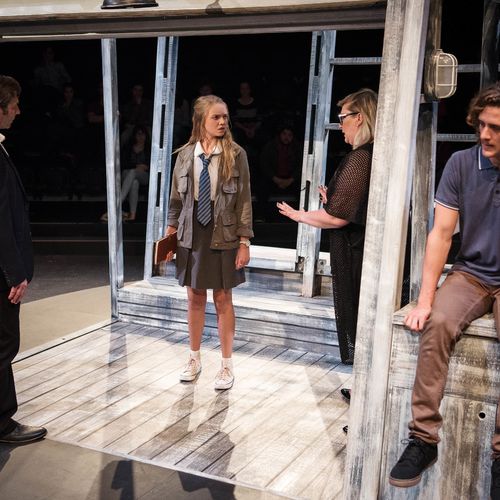
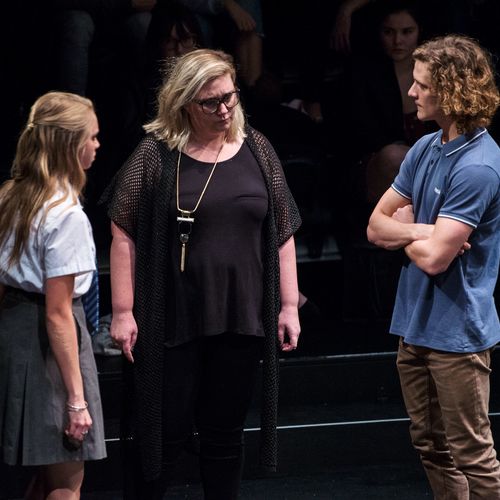
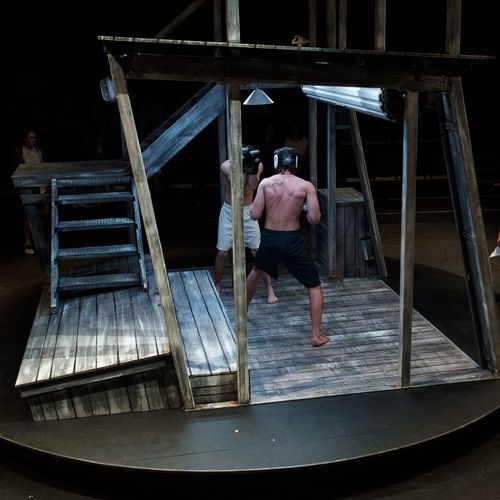
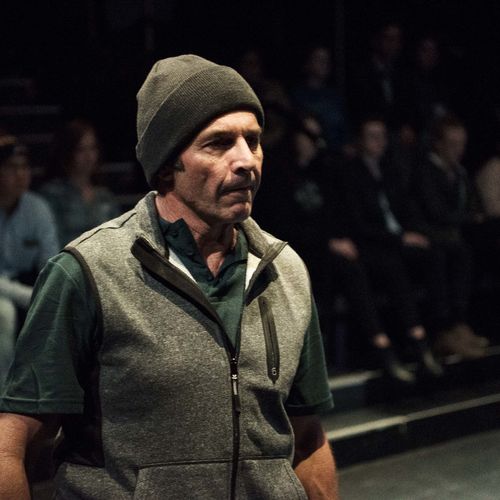
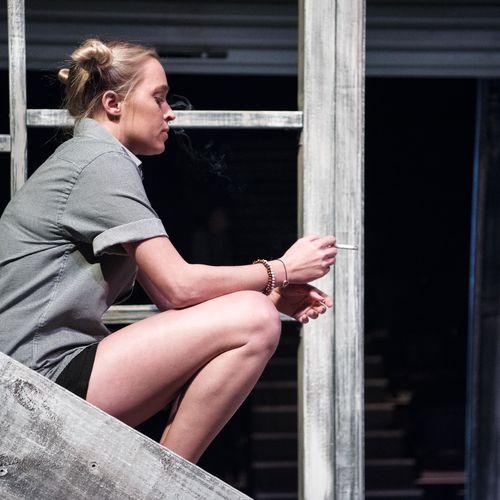
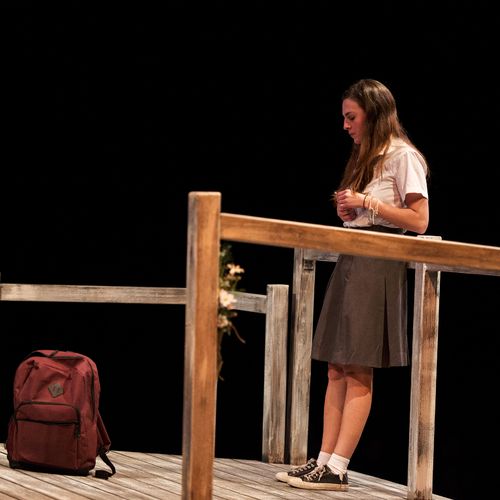
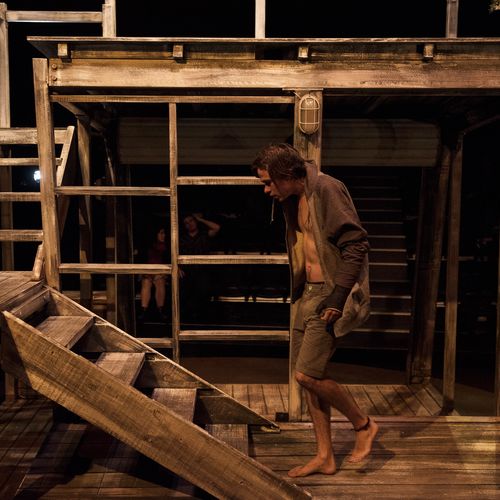
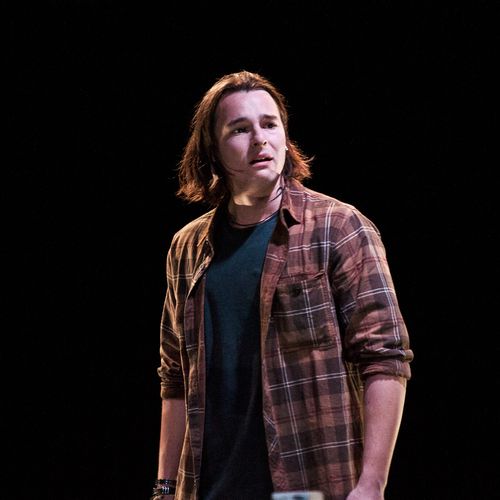
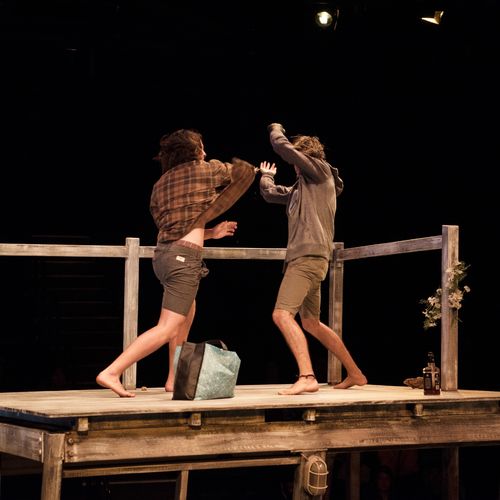
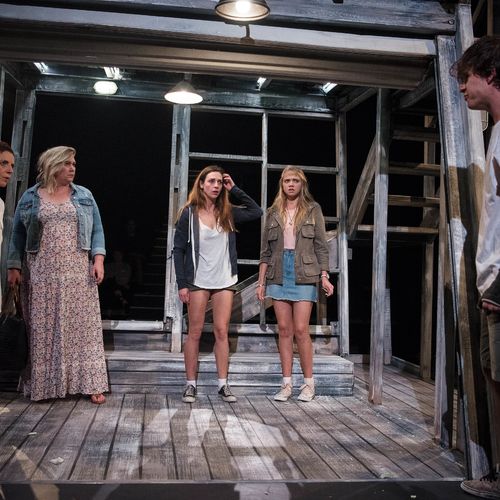
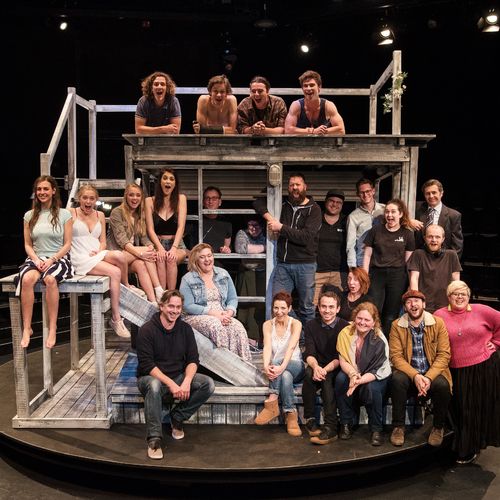

Tell us your story